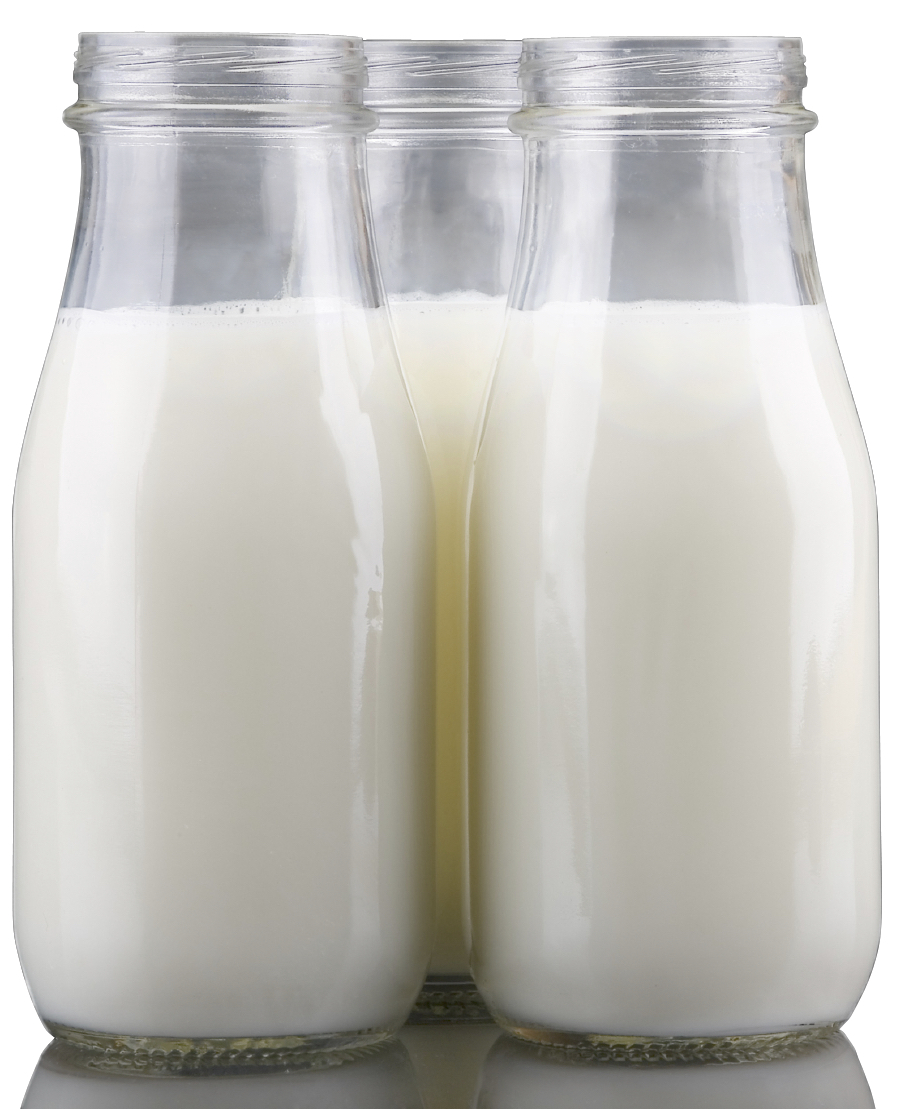Bank on breast milk
For a mother who can’t breastfeed, donor breast milk is a way to provide vital nutrition as well as antibodies to her baby. But can a new mom count on the safety of donated milk?
Gretchen Flatau, director of Mothers’ Milk Bank in Austin, TX, says donor milk at her bank, and at all of the non-profit banks operated by the Human Milk Banking Association of North America (HMBANA), is screened for bacteria. The HMBANA develops guidelines, updated yearly, which were created in conjunction with the blood-banking industry and the Centers for Disease Control, Flatau says. Those standards are upheld at all of the 10 breast milk banks under the association’s umbrella.
The donor screening process includes calls to their doctors and their babies’ doctors, Flatau says. Plus, donated milk is pasteurized and put through microbial testing.
Carrie Thayer, mom of two and a newborn nursery nurse from Cedar Park, Texas, says she has been donating breast milk since her second son was born. As a nurse, Thayer cares for sick and premature babies, so she knows how important breast milk is to those children. The majority of the milk received at Flatau’s bank is shipped to women in states without banks. There are also for-profit banks that are not affiliated with the HMBANA. Every for-profit milk bank has its own standards that do not necessarily follow the standards for non-profit milk banks, which are all controlled by the HMBANA.
Some mothers also choose to obtain milk through a friend or other personal connection, but experts recommend using a doctor as an intermediary so the milk, and the donor, can be tested.
Go to hmbana.org
to learn more donated milk banks affiliated with the HMBANA; or look at milkbanking.net, which includes a list of both for-profit and non-profit banks in each state.
Read our related article Buying Breast milk online is risky business
